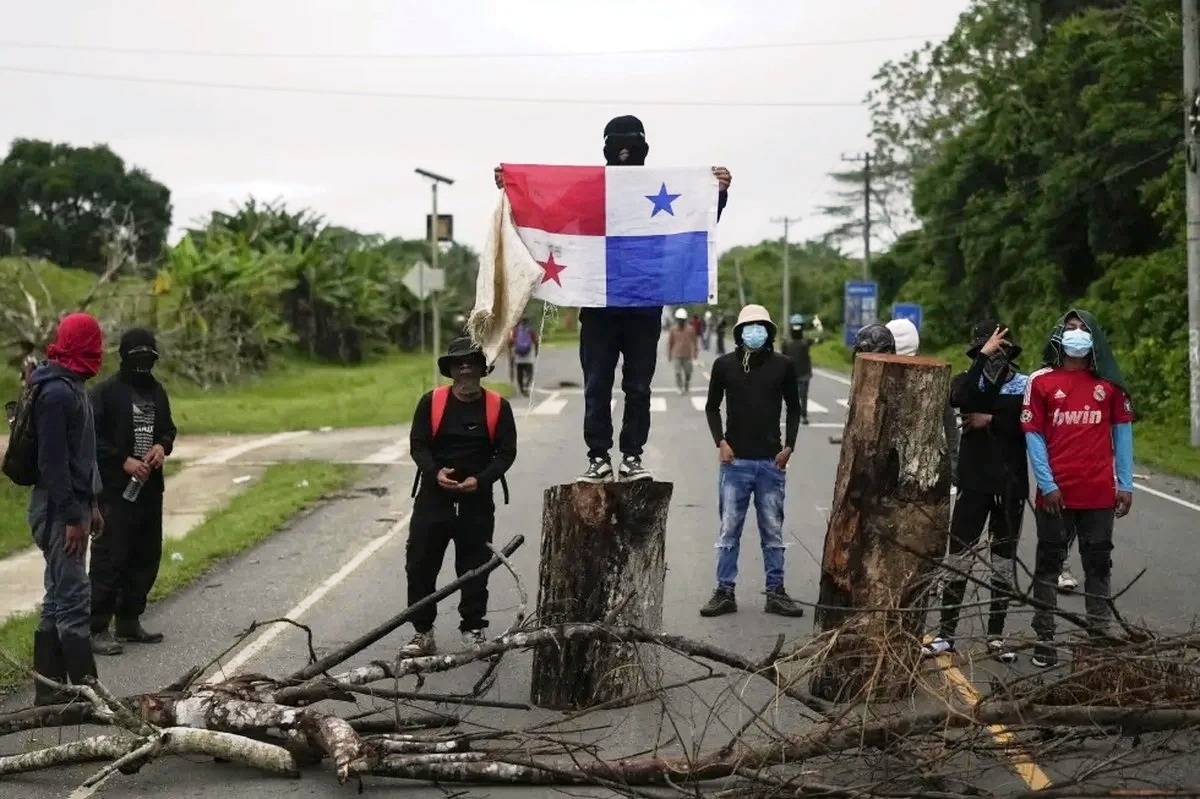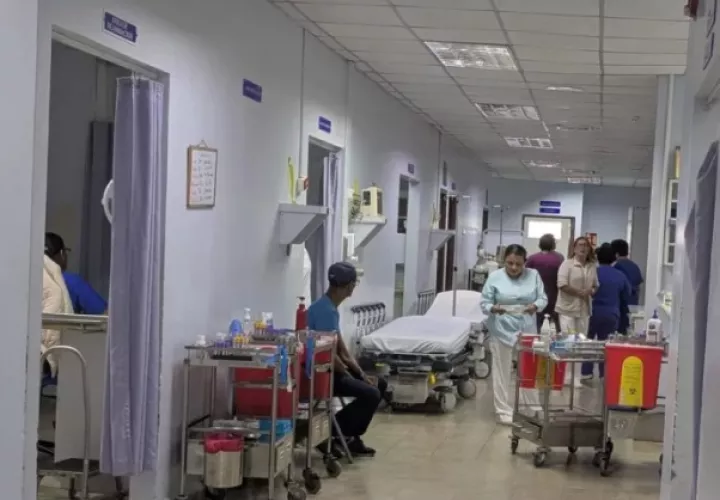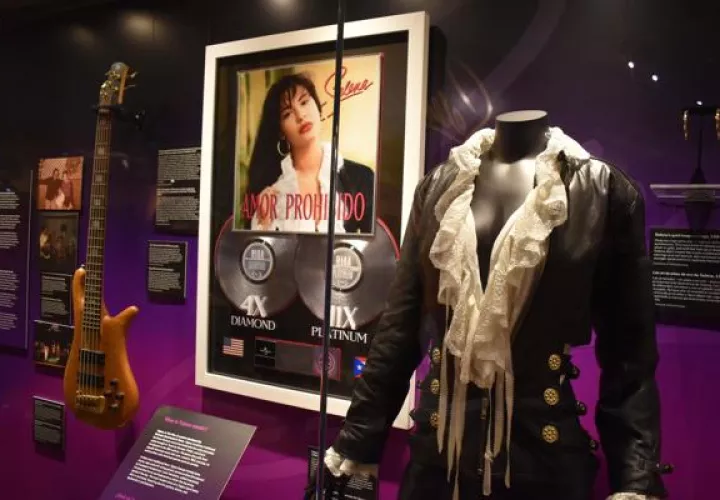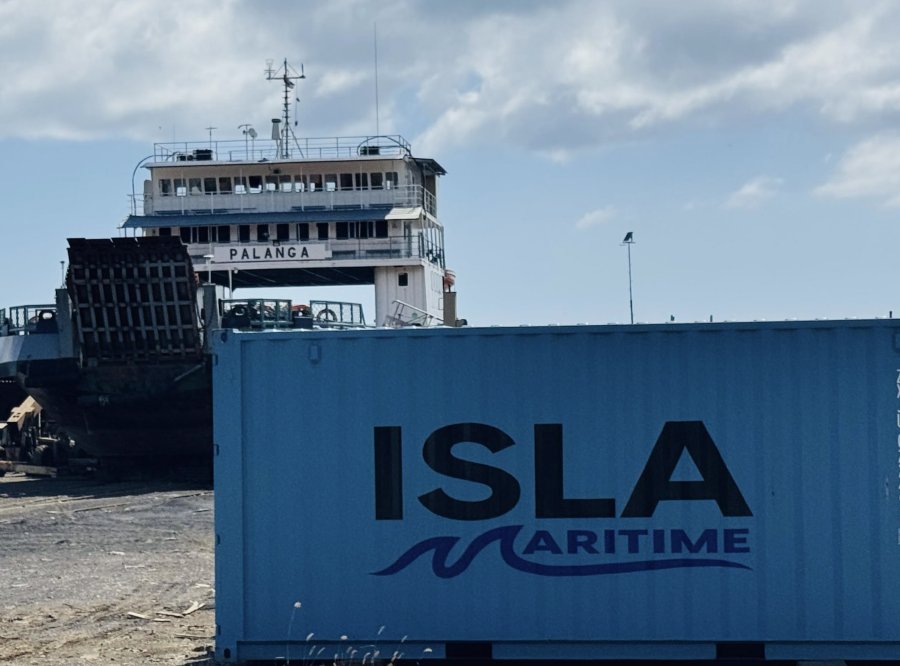Protests Continue in Changuinola while Under a State of Emergency
Supplies are starting to run short in the city amid violent clashes between police and protesters. Bocas del Toro is in crisis over Law 462.
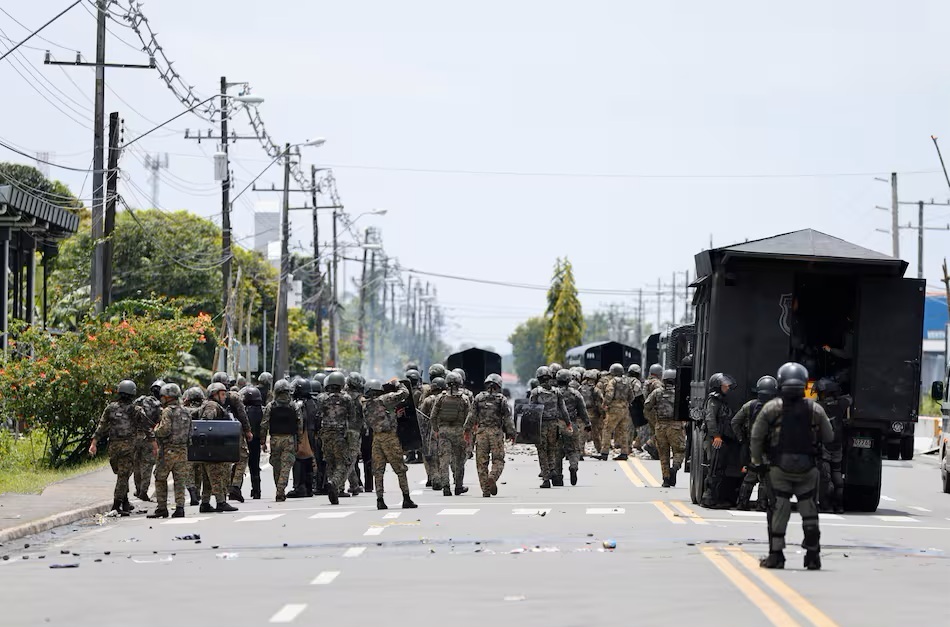
The uncertainty was as strong as the heavy humidity that covers Changuinola. People’s gazes were fleeting on the central 17 de Abril Avenue, quick steps, and hurried encounters. No one said it out loud, but everyone knew something was going to happen: the police would enter the city. The night before, there was looting in shopping malls and public offices. Cars belonging to the Chiquita banana company, the multinational corporation headquartered in the city, were taken by anonymous hooded assailants, and rental cars were vandalized next to airport stores. Crude images filled social media and seemed to foreshadow what was to come.
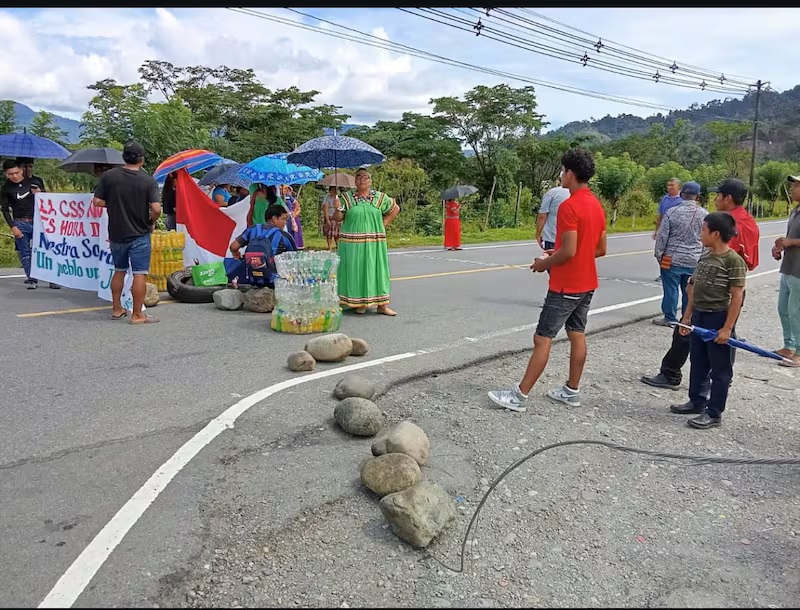
In the morning, “chinitos” stores and supermarkets suddenly filled with last-minute shoppers. Canned tuna, rice, meat, and pasta disappeared one by one from the store. “This is going to get ugly; I knew there would be a war at the end,” a young “chinito” worker told La Estrella de Panamá. Several people asked the owner if there was water, but the answer was the same: everything was sold out. To make matters worse, the city woke up without water. The National Institute of Aqueducts and Sewers (IDAAN) confirmed at 6:00 a.m. that the El Silencio water treatment plant was damaged by a “voltage variation.” “Due to the unrest in the area, our electromechanical team has been unable to enter the plant,” they said.
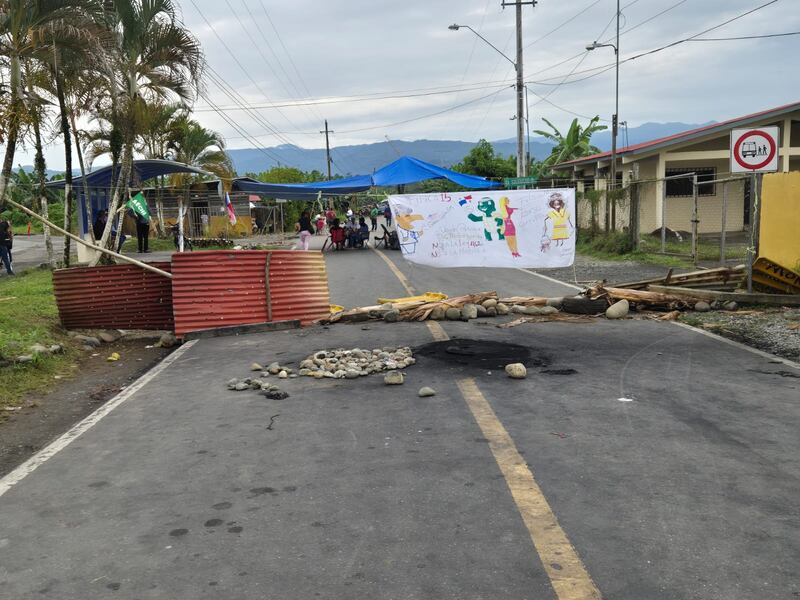
The lack of water is a daily problem in Changuinola; but now, under the state of emergency imposed by the draconian measure established by President José Raúl Mulino to restore “order” to the city, finding water could be a problem. This is one of several, facing city residents who must navigate blockades and clashes between protesters and law enforcement. Article 55 of the Constitution allows for exceptional measures to be taken in cases of crisis. This provision contemplates the declaration of a state of emergency, a legal mechanism that authorizes the government to temporarily suspend certain fundamental guarantees.
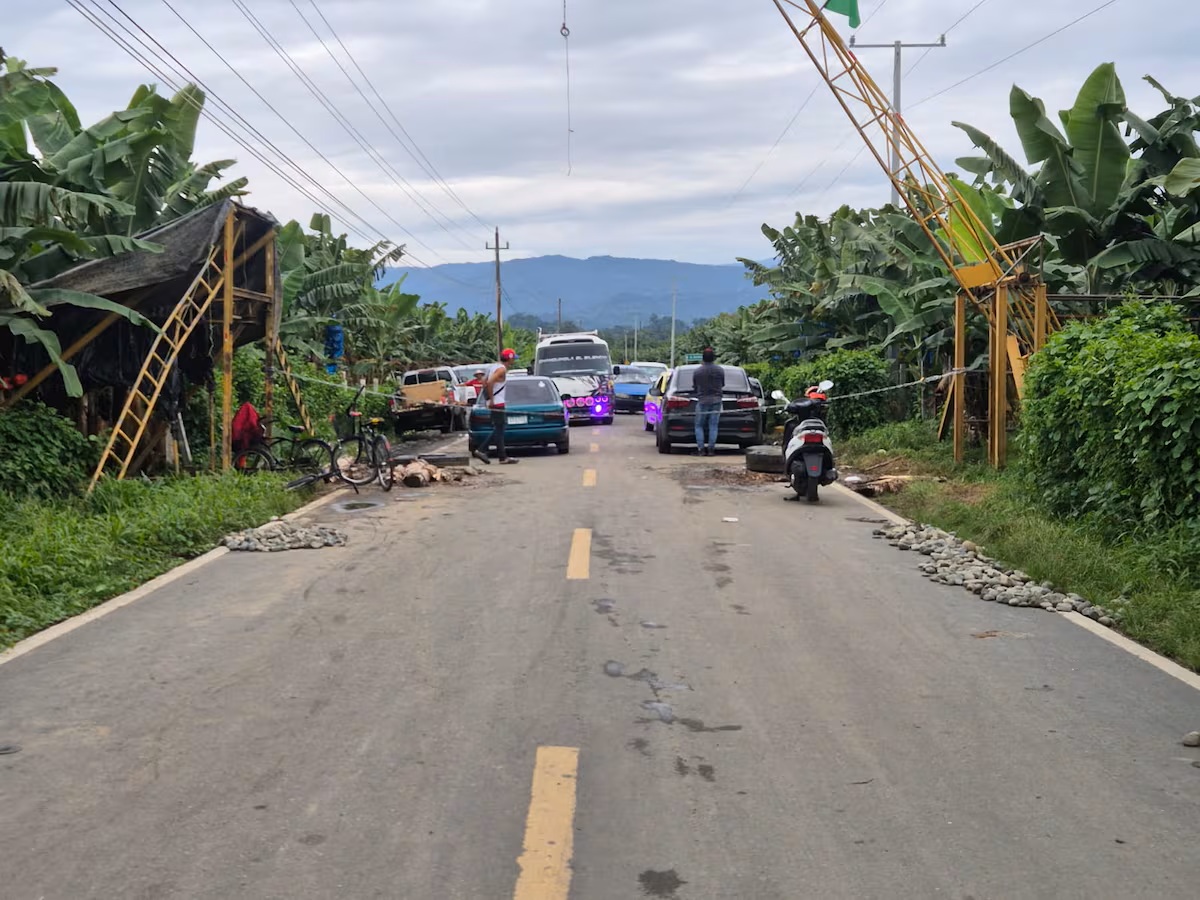
The Constitution describes two situations for invoking this measure: foreign war and internal disturbance affecting peace and public order, the latter being Mulino’s justification. Among the articles suspended in whole or in part are those related to personal liberty and the inviolability of the home, freedom of movement and residence, as well as protection against arbitrary detention, freedom of expression, assembly, and association. While people were trying to get water, a police detachment clashed with protesters in the El Empalme area, one of the only entry points to Changuinola. The city is entered and exited by only one route: the bridge over the river that gives the city its name, which is also blocked.
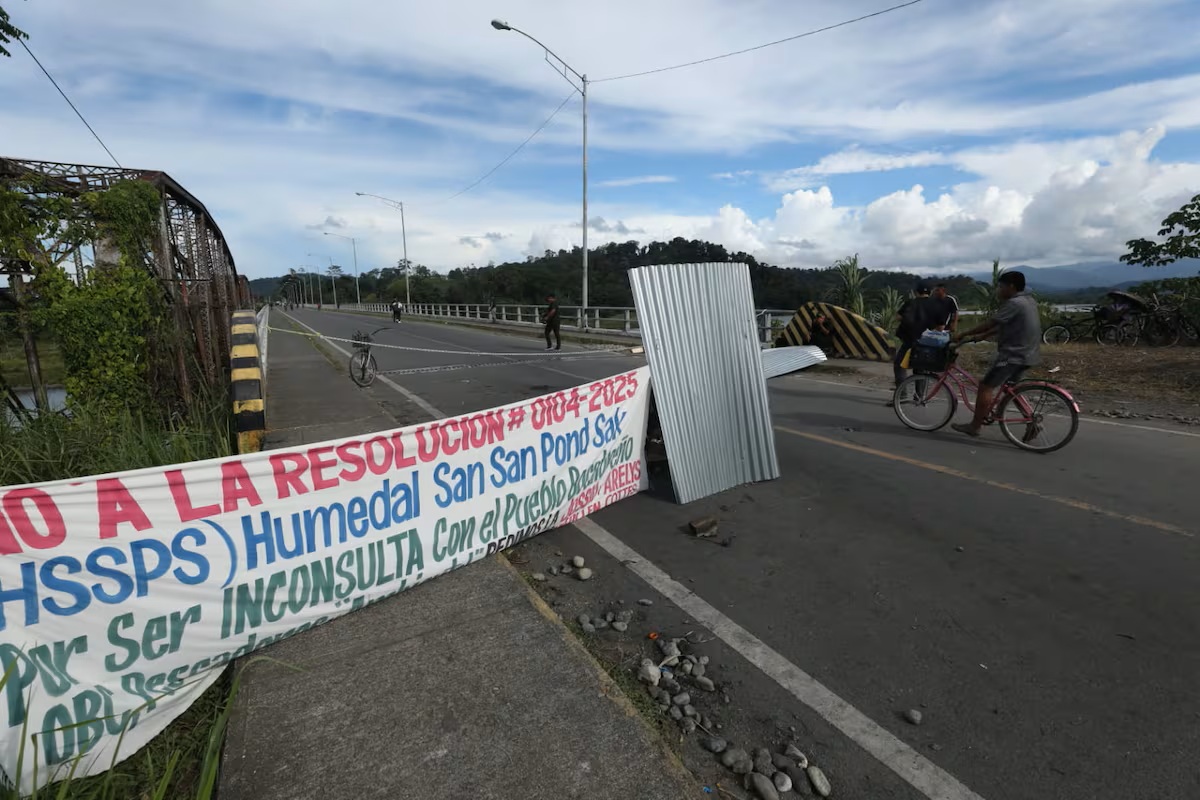
Few were able to get gasoline; the only option is to search for it at the Costa Rican border, at a price three times higher than normal. Liquefied gas for cooking is also scarce in stores. Reporters visited some areas of the city, which have been divided into points where there are protesters, others where there are blockades where, according to locals, there is a presence of vandals robbing people, others under police control, and others, especially residential areas, where people have taken refuge in their homes. A detachment of at least 150 police officers, including riot police and border patrol officers, advanced from the city’s police station.
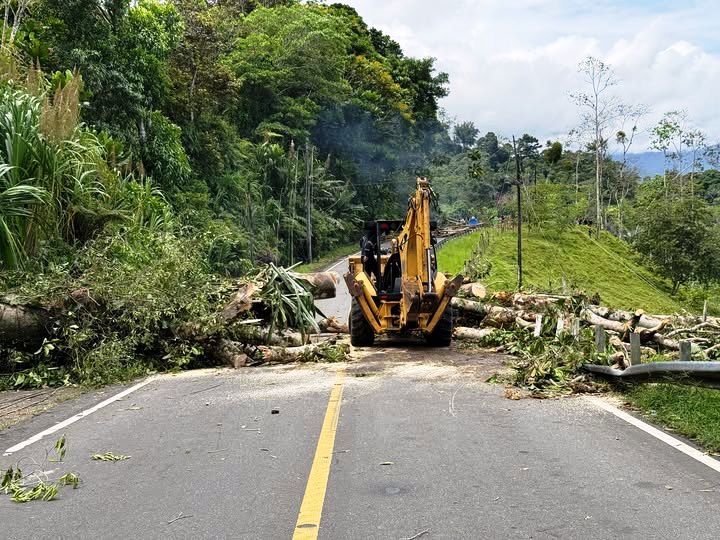
An officer gave instructions to the group—men and a few women, almost all young—equipped with helmets, black shields, and grenade-launching shotguns. Some arrived in buses, others in armored vehicles, and were escorted by a truck reinforced with thick metal plates welded to the front and sides. The airport area became a battlefield, with naval helicopters flying overhead, dropping tear gas grenades. Later that night, Finca 11 became a popular neighborhood in Changuinola and a historic bastion of protests. A corridor of smoke, some screams and the explosions of shotguns firing irritating tear gas. The government confirmed in a press conference that it will seek to continue the police deployment in the province.
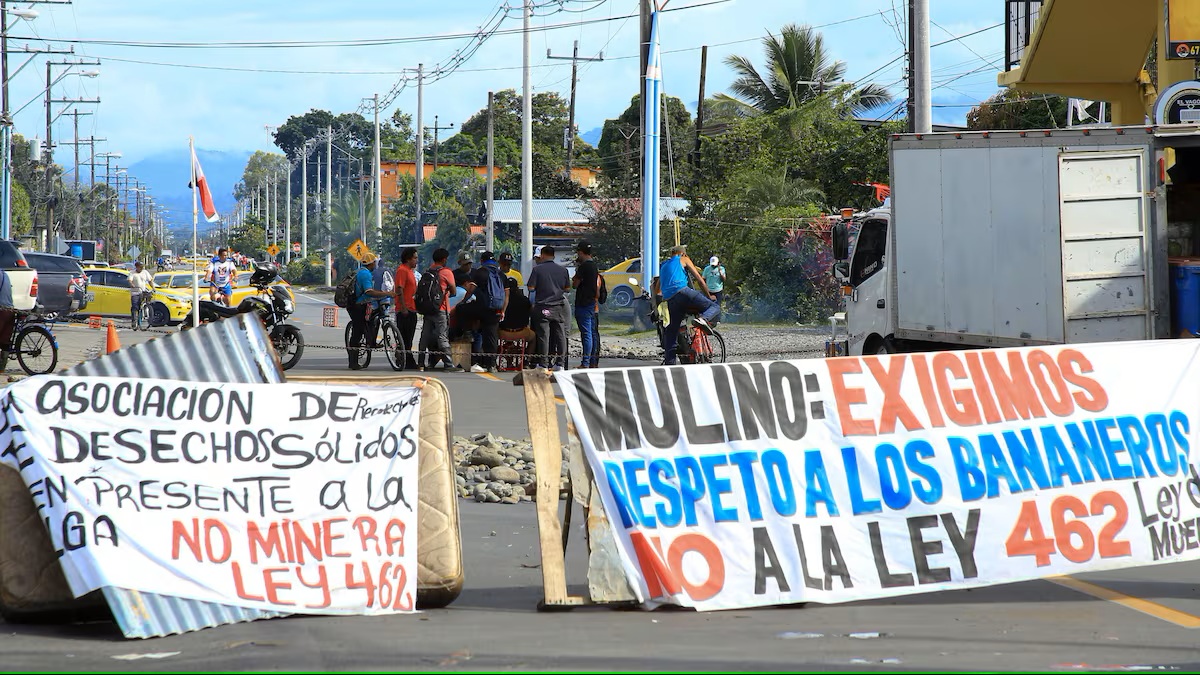
Meanwhile, the Banana Industry Workers Union (Sitraibana), whose main leader, Francisco Smith, is detained on charges of being behind the closures after reaching an agreement with the National Assembly to end the strike, distanced itself from the acts of vandalism. La Estrella de Panamá learned that the teachers’ unions asked their members in Changuinola to avoid being on the streets in the coming hours for safety reasons. The clashes continue. With no dialogue in sight, the tensions are continuing, and no one—neither on the streets nor in the government—no one dares to say when or how it will all end.
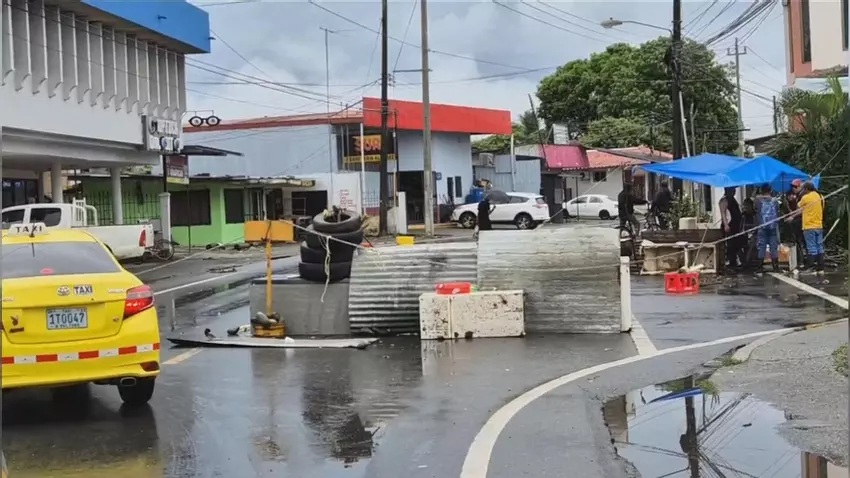
Anti-government protesters block roadways in Panama in June, during a demonstration against a pension reform law and a security agreement with the United States involving the Panama Canal.
